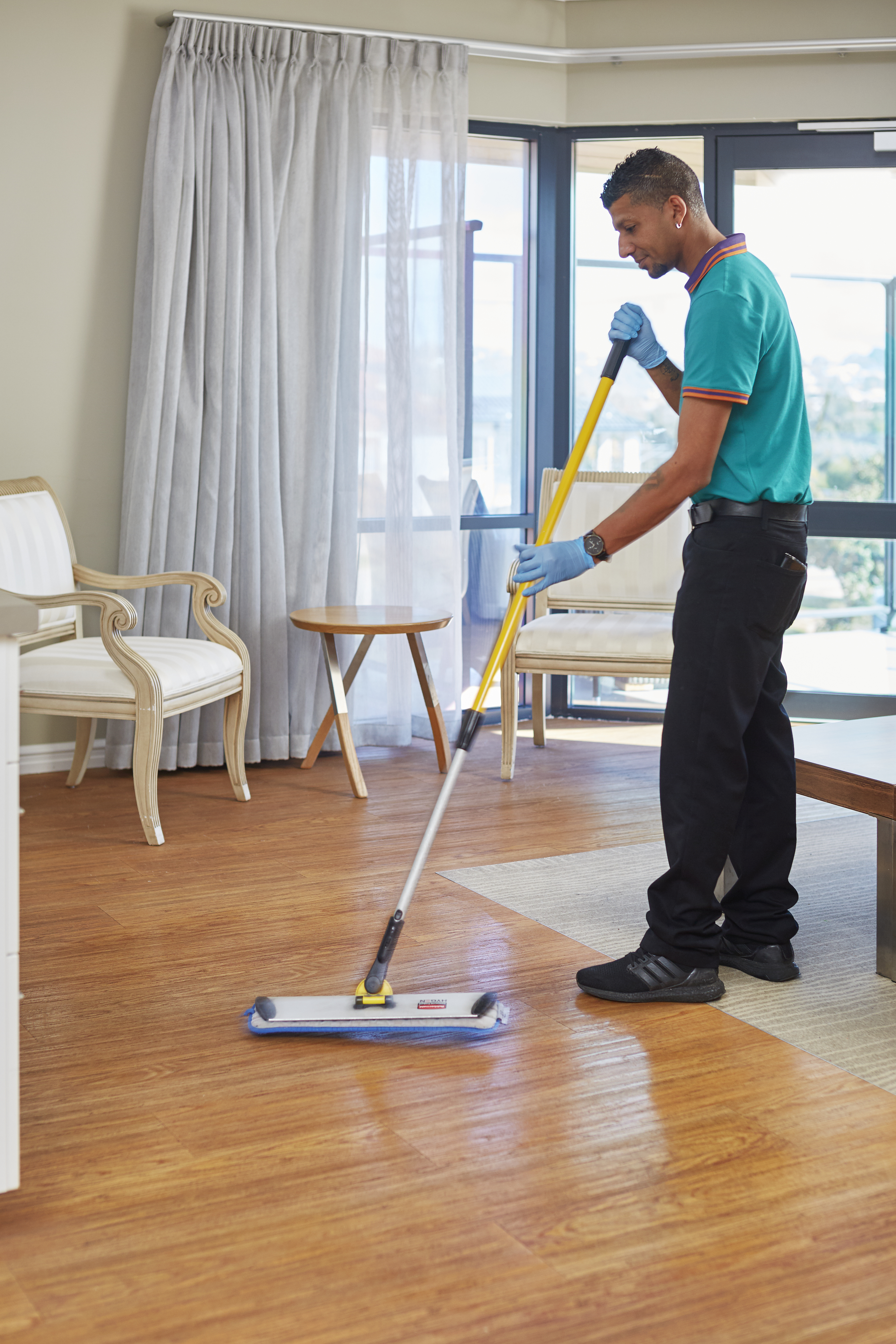
How to prevent infection from spreading in aged care centres
With the coronavirus pandemic still at the forefront of everybody’s mind, it has made infection control and good hygiene standards one of the biggest priorities throughout Australia and the world.
Infection control is of paramount importance in a vulnerable environment, such as an aged care facility. As people age, their immune system changes, meaning that it is not as strong as it once was. This means that diseases and infections can spread quickly, which can cause serious illness and even death in extreme cases. Therefore, it is imperative that aged care centres do everything that they can to prevent infection from spreading in their facilities. Below, we’ll take a look at some of the most important things you can do to ensure that your aged care centre is hygienic in order to stop the spread of infection.
To prevent infection from spreading in aged care homes, there are a number of standard hygiene procedures you should follow at all times. These are basic procedures that should be completed at all times to ensure the safety of your residents. These include:
It is no longer enough to just follow the standard hygiene procedures. With an increase of viruses that can be transmitted simply through the air, it is vital for aged care centres do everything they can to minimise the chances of virus transmission. Here are some transmission-based precautions you should be following in your care home:
If you are looking to prevent infection in an aged care home, Rubbermaid has a number of effective and efficient hygiene solutions that will suit your care home's cleanliness requirements. With our range of expert spill and cleanup products, HYGEN microfibre solutions , BRUTE® Bins and accessories, you can be certain that your facilities exceed the hygiene standards.
What are some helpful Rubbermaid resources for infection control in aged care?
Our Resource Centre offers a range of easily accessible resources that can help improve infection prevention and control in aged care facilities, including product assembly instructions, brochures, case studies, safety data sheets and more.
In particular, our Aged Care Best Practice Guide and Aged Care Product Recommendations Brochure is an excellent resource to learn more about how RCP can help your facility create and sustain a safe living environment by prioritising infection control. Contact us today to learn more.